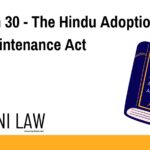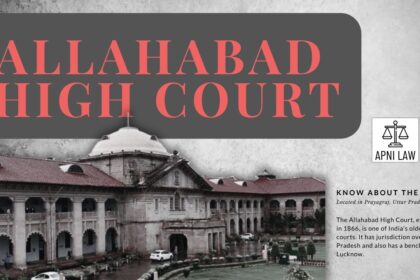Court Rejects Combined Quantity Argument for Bail Denial
The Jammu and Kashmir High Court ruled that contraband recovery from accused individuals must be assessed separately, even if they were travelling together. The court emphasized that the quantity of the banned substance found on each person should be considered individually when deciding on bail.
The prosecution claimed both accused acted with a common intention and the combined contraband quantity fell within the commercial category. This, they argued, attracted stricter bail conditions under Section 37 of the NDPS Act.
However, Justice Sindhu Sharma held that recovery made from each accused individually must be treated as separate. Since neither of the accused was found with a commercial quantity of heroin, the court stated that Section 437 of the CrPC, not Section 37 of the NDPS Act, would govern the bail consideration.
Case Background: Separate Recoveries from Each Accused
The applicant filed a bail plea under Section 483 of the Bharatiya Nagarik Suraksha Sanhita, 2023. The case stemmed from a police interception at a routine Naka checkpoint, where a vehicle was stopped for inspection. Three individuals were inside the car.
Police recovered 104.89 grams of heroin from the applicant. Another 106.86 grams were found in the pocket of a co-accused. The total seizure was recorded in the FIR under Sections 8, 21, and 22 of the NDPS Act. Later, Section 29 (criminal conspiracy) was added during the investigation.
The applicant’s earlier bail plea before the Special Judge was denied, citing ongoing investigation and seriousness of the offence.
Petitioner’s Stance: Seeking Relief Based on Intermediate Quantity
The petitioner argued that the quantity found with him was not commercial and fell within the intermediate category. He requested bail on the grounds that his role was limited, and the investigation was complete.
Court’s Ruling: Intermediate Quantity Governs Bail Consideration
The High Court noted that both individuals were searched separately and found with intermediate quantities of heroin. The fact that they were in the same vehicle did not automatically prove a shared intention or conspiracy.
The bench observed that whether there was a common intention must be examined during the trial. At the bail stage, each recovery must be treated individually.
The court cited the Supreme Court’s decision in Amarsingh Ramjibhai Barot v. State of Gujarat, which held that conspiracy cannot be presumed without evidence. The same principle applied here, as no direct evidence of conspiracy was presented.
Final Verdict: Bail Granted Due to Separate Recoveries and Completed Investigation
The court noted that the applicant had been in custody for six months. The chargesheet had already been filed, and further custodial interrogation was not required.
The court granted bail to the applicant on furnishing a personal bond of Rs. 1,00,000 with one surety of the same amount. The accused must comply with all bail conditions as directed by the trial court.








